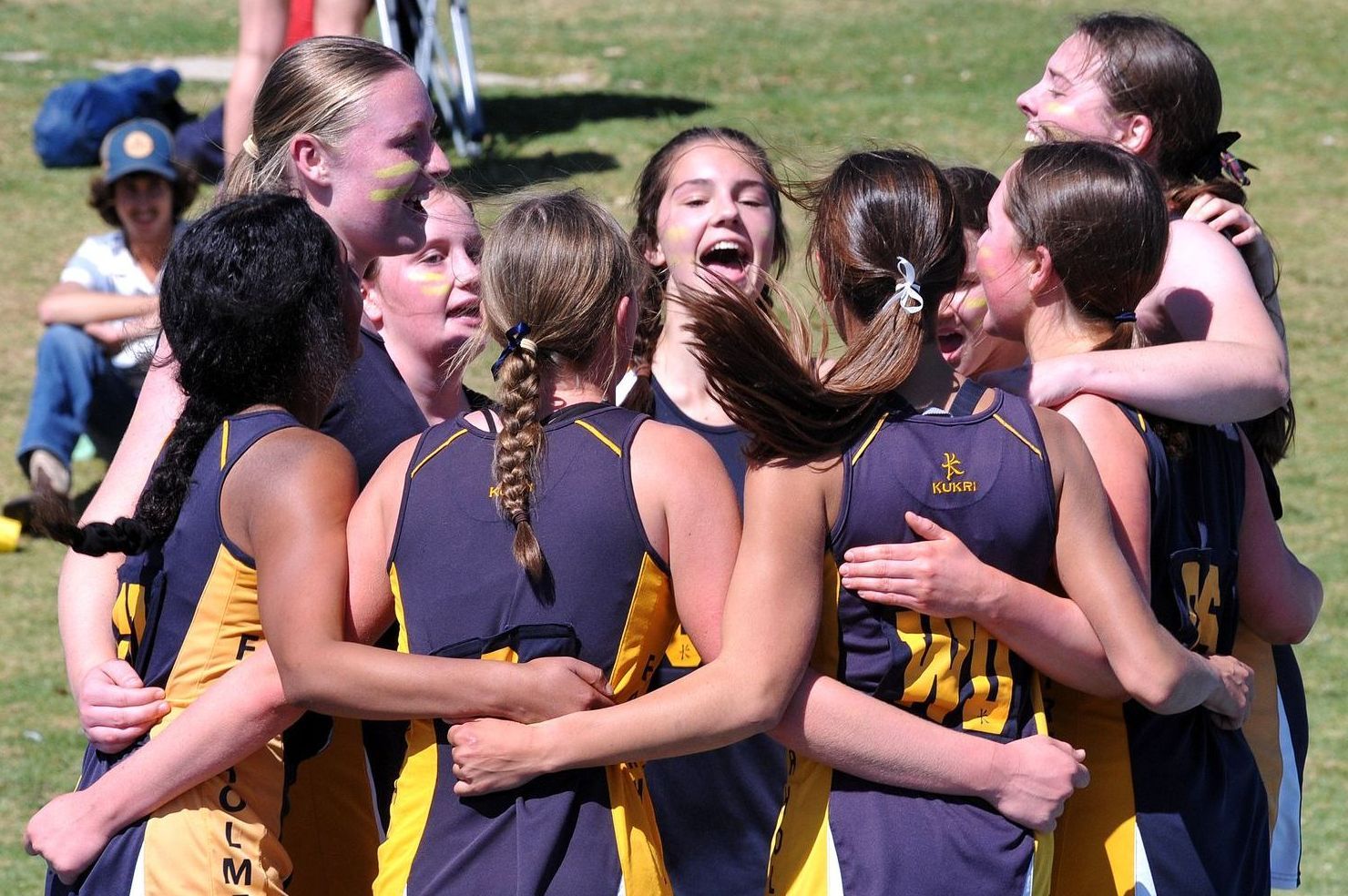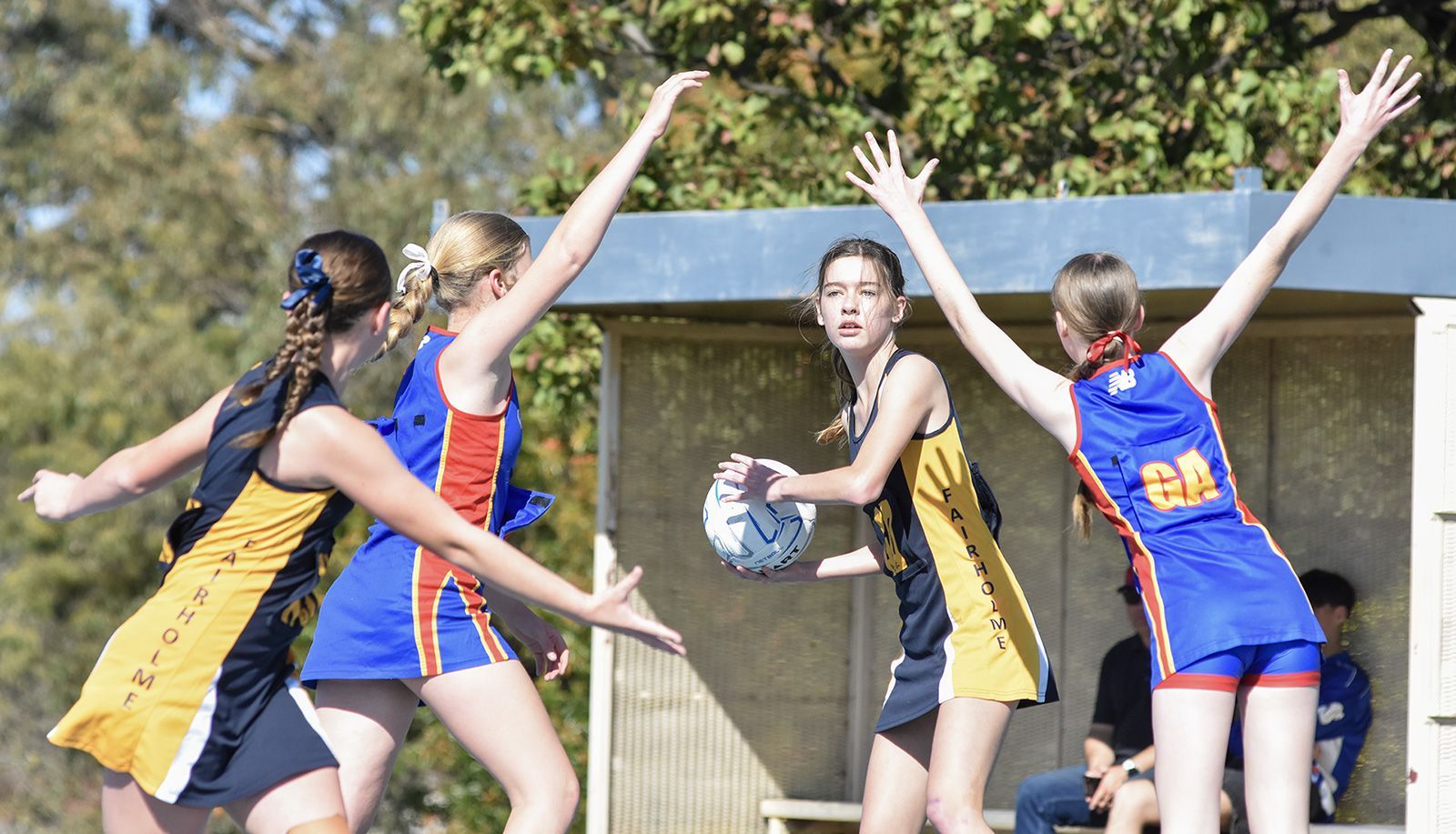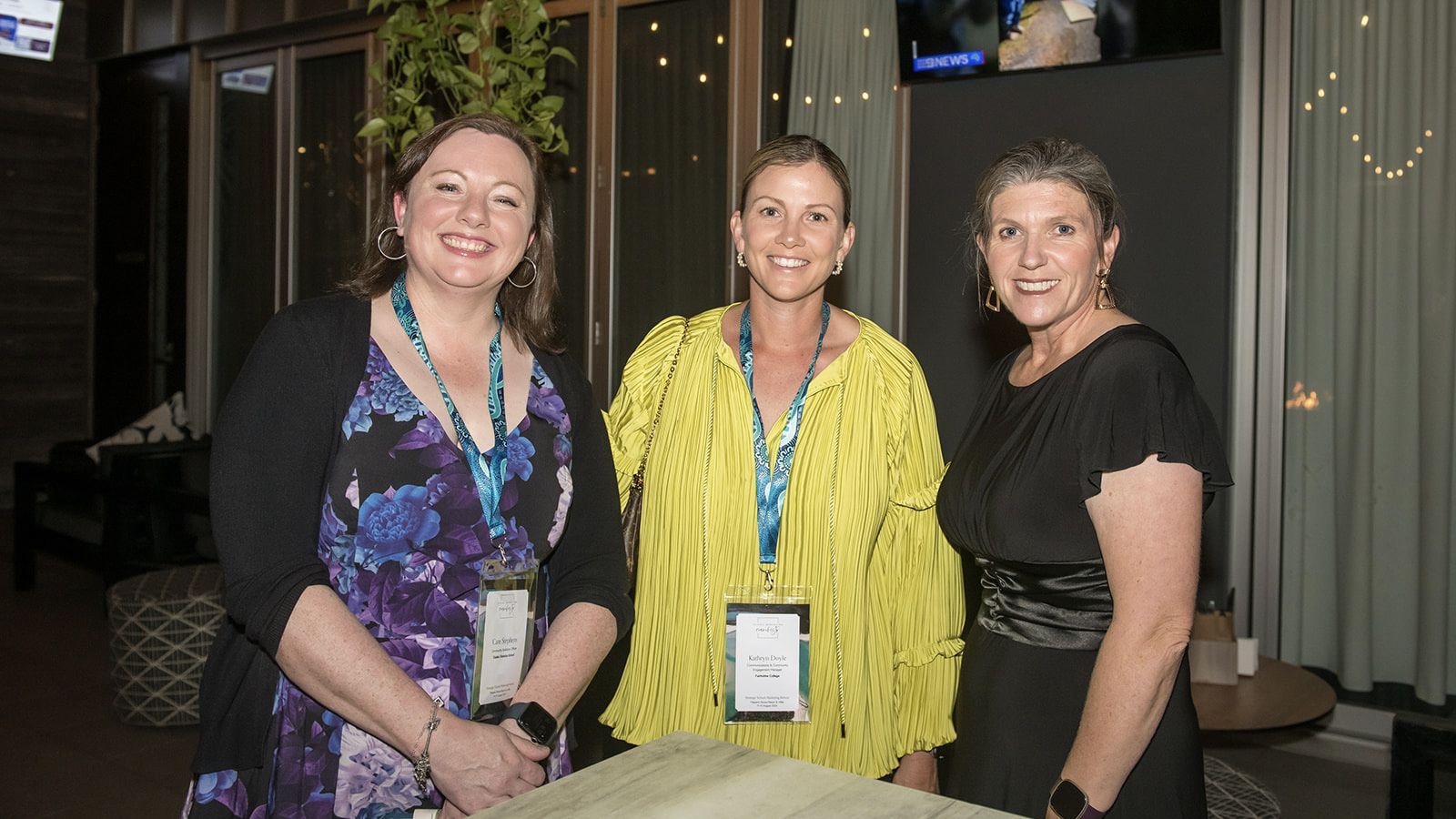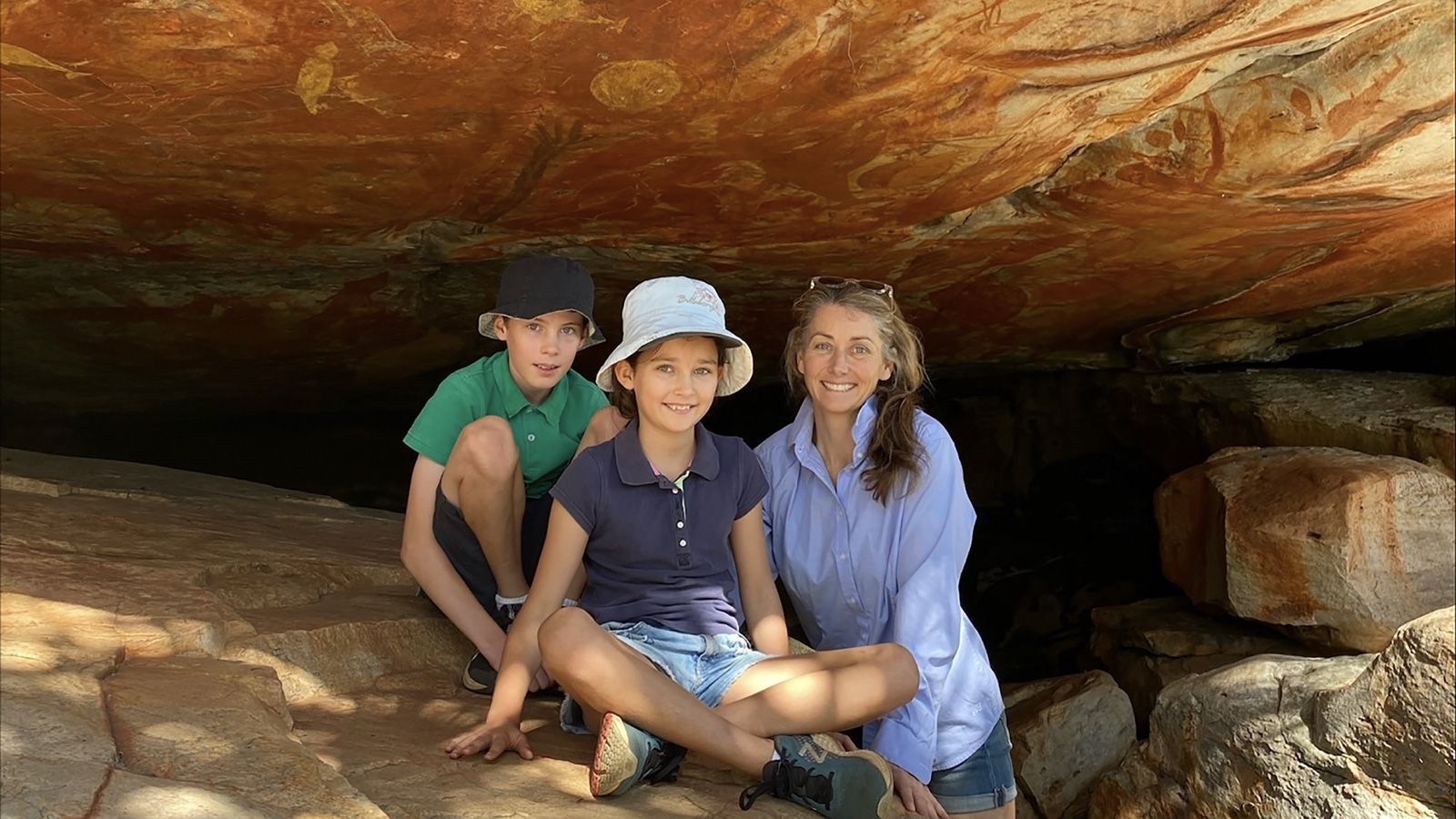Losing, in a curious way, is winning
That's what learning is, after all; not whether we lose the game, but how we lose and how we've changed because of it and what we take away from it that we never had before, to apply to other games. Losing, in a curious way, is winning." - Richard Bach
If there were a Science subject around grand finals, I would select it. Having watched about a dozen Â鶹ÊÓƵteams in different Grand final matches over the past week or so, I have been reminded, yet again, of the precious lessons learned.
Whether it is on a Netball court on a crisp Saturday at Nellie Robinson courts, on the Touch fields of Kearney’s Spring or Volleyballers seeking out one final win for their captain, Year 12, Katie Brock – there are lessons. For our Senior Vicki Wilson team who played hard Netball until the final whistle blew in favour of a strong Downlands team or for our younger Vicki Wilson players who persevered in extra time to win their final match – there are lessons in achievement and accomplishment. Sport is a great teacher.
In the pressure cooker of a finals match what I love is the palpable expression of effort: the perseverance and determination of those players who accept nothing less than their own best. That is character. That is not about having a higher skill level than someone else – that is about the capacity to play to the end, to finish well: what a gift.
It is the player who makes an error and goes about rectifying it at next opportunity. It is the player who receives a questionable umpiring decision (bless referees and umpires everywhere – we cannot play without you, and we have far too much to say from the sideline – self included) and plays on without a flinch. It is the player who watches on from the sideline and genuinely supports their teammates. I saw all this, over the past week.
In a Grand Final match or its life equivalent we take to the court with anticipation. Depending on our preparation, our team’s skill, past experiences, and the way the game unfolds … we find ourselves in a polarized position at full time – as winners or losers. And as players, and as spectators and coaches, we accept that outcome, variously. It’s always our choice how we respond to the situation, how graciously we accept a win or a defeat.
We choose how the car conversation on the way home unfolds – the deconstruction of the match, the reflection on self or others. We choose. Our response is in our own hands. We can choose accomplishment over achievement – the distinction is an important one.
It's like the joy of the internally motivated over the externally driven - those that can appreciate the journey as much as the outcome, those that can find accomplishment in a grand final loss or win. Certainly, it is a worthy aspiration because life itself is filled up with grand final moments.
Art Historian, Sarah Lewis speaks of the value of ‘the near win’ in her 2014 TED Talk, of gaining mastery “in the reaching, not in the arriving.” Whilst success is motivating, Lewis says that near misses in the things near and dear to our heart can compel us onwards.
I once made a faux pas on a College Assembly and said, ‘winning is a terrible thing’. Before I could give context, the hall had erupted into laughter, and I had lost the opportunity to explain my thinking.
When we win, the pressure mounts exponentially because expectation rises from both within the player and beyond. When we are winning, we are managing expectation whilst simultaneously concentrating on playing the game. When we are losing, our concentration is often singularly focused – on improvement, on finding the next opportunity – there will be one if we seek it out.
Fairy tale finishes and grand final wins don’t occur just because we wish them to, or believe that we are more deserving of the story line than others. There are no promises in sport, and in life itself, and sometimes, our efforts place us a long way from, or alternatively, very close, to success – but not on the target itself. It happens to us all, to everyone.
Embrace the near win. We learn through practice, through taking risks, through making mistakes and eventually we will find ourselves in the right place at the right moment. Canadian author and motivational speaker, Robin Sharma reminds us that, “Our wounds ultimately give us wisdom. Our stumbling blocks inevitably become our stepping stones. And our setbacks lead to our strengths.”
To all who have taken to the field, the court, the leadership space in a grand final finish – I hope you have played hard, given it your all and learned through the experience of accomplishment over achievement, and of seeking opportunity.
Embrace the win. Embrace the near win: ‘losing, in a curious way, is winning’.
Dr Linda Evans | Principal
REFERENCE
Lewis, (2014). TED Talk. ‘Embrace the Near Win’.

More News…






